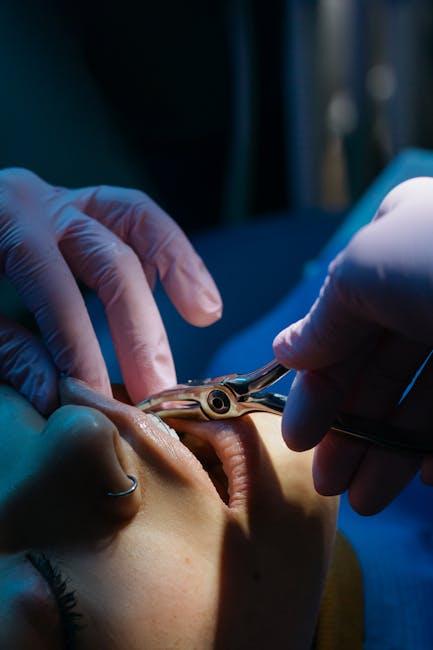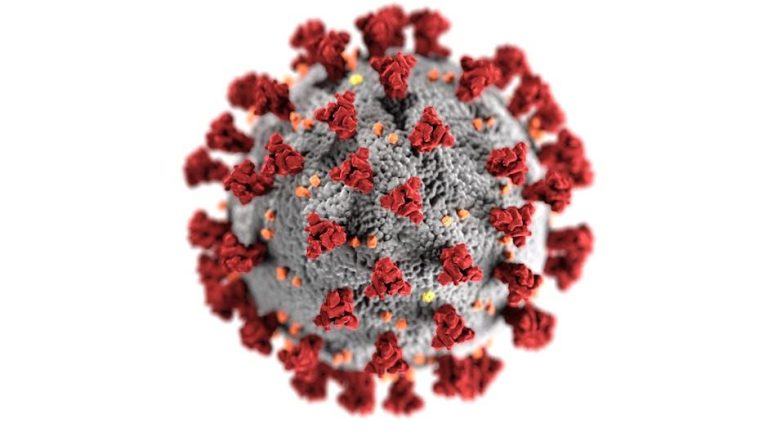
Coronavirus: Man Refused Appointment Pulls Out Tooth at Home – BBC
The COVID-19 pandemic has reshaped healthcare services worldwide, with dental care facing unique challenges. In a widely reported case by BBC, a man frustrated by repeated refusals for dental appointments resorted to pulling out his own tooth at home. This alarming event highlights critical issues relating to access to dental care during the Coronavirus crisis and raises questions about pain management, patient safety, and the future of dental services amid a pandemic.
Understanding the Dental Care Crisis During Coronavirus
Since the onset of the Coronavirus pandemic, many dental practices have been forced to limit routine appointments, focusing only on emergencies. This was primarily to reduce virus spread risks and to preserve personal protective equipment (PPE). As a consequence, patients with urgent dental issues frequently faced delays or denials of timely treatment.
- Many dental clinics closed or reduced hours.
- Non-urgent treatments postponed indefinitely.
- Increased patient frustration and self-treatment attempts.
- Heightened anxiety regarding oral health complications.
The BBC Story: Self-Extraction of a Tooth at Home
The BBC reported a striking incident where a man, unable to secure an appointment after multiple attempts, decided to extract his painful tooth at home. This extreme measure was a result of enduring pain and the lack of accessible dental care during lockdown restrictions.
Although self-extraction is dangerous and highly discouraged by dental professionals, the story sheds light on significant access issues. Proper dental care is crucial not just for alleviating pain but also in preventing infections which can have serious repercussions.
Key Details of the Incident
| Aspect | Details |
|---|---|
| Reason for Self-Extraction | Denied dental appointments due to pandemic restrictions |
| Tooth Type | Molars, typically prone to needing extraction due to decay |
| Method | Used pliers and home anesthesia attempts |
| Outcome | Successful extraction but risked infection and trauma |
| Advice from Dentistry Experts | Seek professional help for any oral pain or infection |
Risks and Dangers of Pulling Out Teeth at Home
Self-extraction of teeth can lead to serious health complications, including:
- Infection: Non-sterile conditions can introduce bacteria leading to abscesses or systemic infections.
- Excessive Bleeding: Improper technique can cause uncontrolled bleeding.
- Tissue Damage: Potential harm to gums, neighboring teeth, and jawbone.
- Unresolved Pain: Incomplete extraction or leftover fragments can prolong discomfort.
- Need for Emergency Care: Ultimately requiring professional intervention and possibly surgery.
Practical Tips for Managing Dental Pain at Home During Coronavirus
Given the present limitations on dental care access, here are practical and safe ways to manage tooth pain until professional help becomes available:
- Use Over-the-Counter Pain Relievers: Ibuprofen and acetaminophen can help manage pain and inflammation.
- Maintain Oral Hygiene: Gently brush and floss around the affected area to reduce bacterial load.
- Rinse with Warm Saltwater: Mix 1/2 teaspoon salt in a glass of warm water and rinse to soothe irritated gums.
- Cold Compress: Apply to the outside of the cheek to reduce swelling and numb pain.
- Avoid Hard or Sticky Foods: These can exacerbate toothache or damage weakened teeth.
- Schedule Emergency Dental Care: Most areas have provisions for urgent cases despite closures.
When to Seek Immediate Dental Emergency Care
Recognize when pain or symptoms require urgent attention, such as:
- Severe, persistent tooth pain not relieved by medication
- Swelling of the face or jaw
- Difficulty breathing or swallowing
- Fever accompanying dental pain
- Uncontrolled bleeding following trauma
Case Studies of Dental Emergencies During the Pandemic
Beyond the BBC story, many patients worldwide have reported difficulty accessing dental services during COVID-19, leading to self-care or worsened dental conditions:
| Case | Issue | Outcome |
|---|---|---|
| UK Patient | Abscessed tooth untreated for 2 months | Hospital admission for IV antibiotics |
| US Individual | Self-filling cavity with household materials | Dental restoration delayed; cavity worsened |
| Australian Worker | Extracted own tooth due to refusal of emergency appointment | Recovered but suffered post-extraction infection |
How Dental Services Are Adapting Post-Pandemic
As lockdowns ease and healthcare systems adjust, dentistry is evolving with measures to increase safety and access:
- Enhanced Infection Control: Use of PPE, air filtration, and strict sanitization
- Tele-dentistry: Remote consultations helping triage and guidance
- Prioritized Emergency Care: Fast-tracking urgent cases
- Patient Education: Emphasizing oral health to reduce emergency needs
- Scheduling Innovations: Staggered appointments to reduce crowding
Conclusion
The story of the man pulling out his own tooth during the Coronavirus pandemic underscores the significant impact COVID-19 has had on dental services and patient care. While access challenges remain a concern, it is vital to avoid self-treatment and seek professional help whenever possible. Managing dental pain safely at home using recommended strategies and recognizing when to seek emergency care can prevent complications. As dental practices adapt with new safety measures and technologies, patients can expect safer and more accessible dental care in the near future.
Stay informed, prioritize oral hygiene, and consult professionals for any dental pain or issues to maintain optimal health during and beyond the pandemic.


